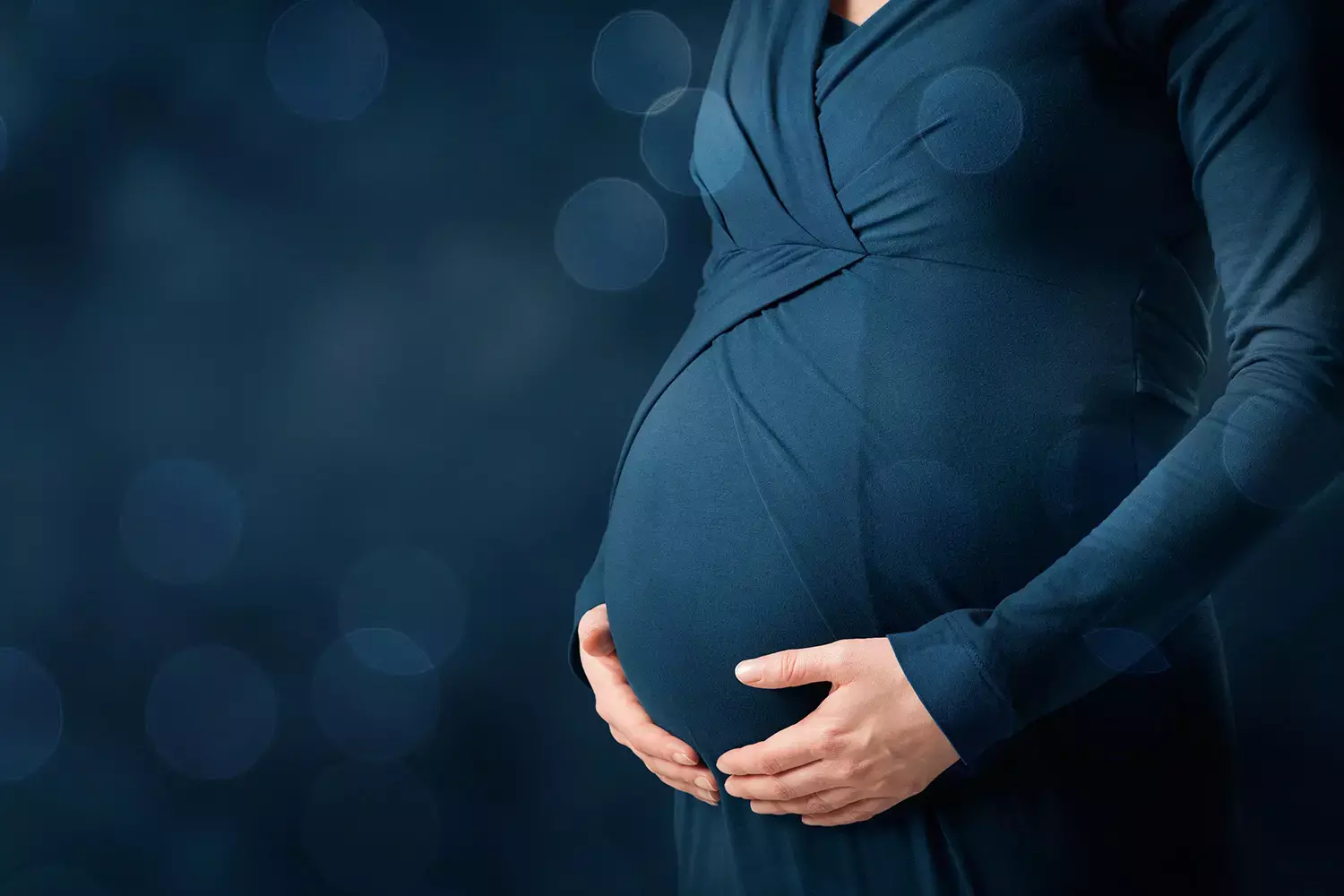- Home
- Medical news & Guidelines
- Anesthesiology
- Cardiology and CTVS
- Critical Care
- Dentistry
- Dermatology
- Diabetes and Endocrinology
- ENT
- Gastroenterology
- Medicine
- Nephrology
- Neurology
- Obstretics-Gynaecology
- Oncology
- Ophthalmology
- Orthopaedics
- Pediatrics-Neonatology
- Psychiatry
- Pulmonology
- Radiology
- Surgery
- Urology
- Laboratory Medicine
- Diet
- Nursing
- Paramedical
- Physiotherapy
- Health news
- Fact Check
- Bone Health Fact Check
- Brain Health Fact Check
- Cancer Related Fact Check
- Child Care Fact Check
- Dental and oral health fact check
- Diabetes and metabolic health fact check
- Diet and Nutrition Fact Check
- Eye and ENT Care Fact Check
- Fitness fact check
- Gut health fact check
- Heart health fact check
- Kidney health fact check
- Medical education fact check
- Men's health fact check
- Respiratory fact check
- Skin and hair care fact check
- Vaccine and Immunization fact check
- Women's health fact check
- AYUSH
- State News
- Andaman and Nicobar Islands
- Andhra Pradesh
- Arunachal Pradesh
- Assam
- Bihar
- Chandigarh
- Chattisgarh
- Dadra and Nagar Haveli
- Daman and Diu
- Delhi
- Goa
- Gujarat
- Haryana
- Himachal Pradesh
- Jammu & Kashmir
- Jharkhand
- Karnataka
- Kerala
- Ladakh
- Lakshadweep
- Madhya Pradesh
- Maharashtra
- Manipur
- Meghalaya
- Mizoram
- Nagaland
- Odisha
- Puducherry
- Punjab
- Rajasthan
- Sikkim
- Tamil Nadu
- Telangana
- Tripura
- Uttar Pradesh
- Uttrakhand
- West Bengal
- Medical Education
- Industry
COVID-19 increases risk of pregnancy complications, suggests new study

NIH-funded study suggests COVID-19 increases risk of pregnancy complications. Pregnant women with COVID-19 appear to be at greater risk for common pregnancy complications—in addition to health risks from the virus—than pregnant women without COVID-19, suggests a study funded by the National Institutes of Health.
The study, which included nearly 2,400 pregnant women infected with SARS-CoV-2, found that those with moderate to severe infection were more likely to have a cesarean delivery, to deliver preterm, to die around the time of birth, or to experience serious illness from hypertensive disorders of pregnancy, postpartum hemorrhage, or from infection other than SARS-CoV-2. They were also more likely to lose the pregnancy or to have an infant die during the newborn period. Mild or asymptomatic infection was not associated with increased pregnancy risks.
"The findings underscore the need for women of child-bearing age and pregnant individuals to be vaccinated and to take other precautions against becoming infected with SARS-CoV-2," said Diana Bianchi, M.D., director of NIH's Eunice Kennedy Shriver National Institute of Child Health and Human Development (NICHD), which funded the study. "This is the best way to protect pregnant women and their babies."
The study was conducted by Torri D. Metz, M.D., of the University of Utah, Salt Lake City, and colleagues in the NICHD Maternal-Fetal Medicine Units Network. It appears in the Journal of the American Medical Association. Additional funding was provided by NIH's National Center for Advancing Translational Sciences.
The study included more than 13,000 pregnant individuals from 17 U.S. hospitals, approximately 2,400 of whom were infected with SARS-CoV-2. Participants delivered between March 1 and December 31 2020, before SARS-CoV-2 vaccination was available. The researchers compared outcomes among those with COVID-19 to those from uninfected patients, and tabulated the study results as a primary outcome—whether the patient had died from any cause or had a serious illness or condition related to common obstetric complications. They also evaluated the results in terms of several secondary outcomes, including cesarean delivery, preterm birth, and fetal and newborn death.
Compared to uninfected patients, those with moderate to severe COVID-19 were more likely to experience the primary outcome, (26.1 vs 9.2%). They were also more likely to deliver by cesarean (45.4 vs 32.4%) or preterm (26.9 vs 14.1%) or to have a fetal or newborn death (3.5 vs 1.8%). Mild or asymptomatic COVID-19 was not associated with any of adverse outcomes.
Hina Zahid Joined Medical Dialogue in 2017 with a passion to work as a Reporter. She coordinates with various national and international journals and association and covers all the stories related to Medical guidelines, Medical Journals, rare medical surgeries as well as all the updates in the medical field. Email: editorial@medicaldialogues.in. Contact no. 011-43720751
Dr Kamal Kant Kohli-MBBS, DTCD- a chest specialist with more than 30 years of practice and a flair for writing clinical articles, Dr Kamal Kant Kohli joined Medical Dialogues as a Chief Editor of Medical News. Besides writing articles, as an editor, he proofreads and verifies all the medical content published on Medical Dialogues including those coming from journals, studies,medical conferences,guidelines etc. Email: drkohli@medicaldialogues.in. Contact no. 011-43720751


